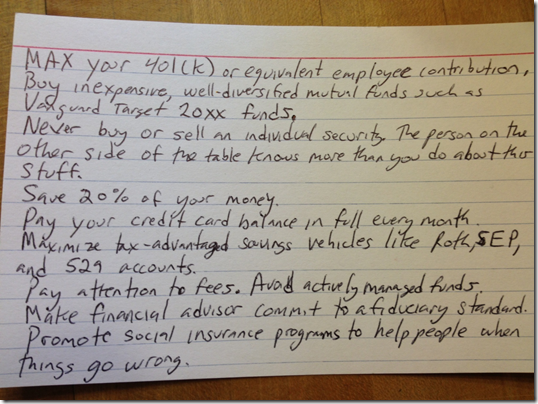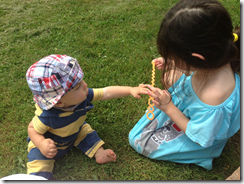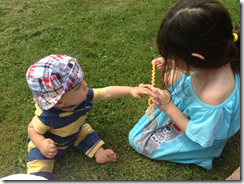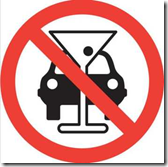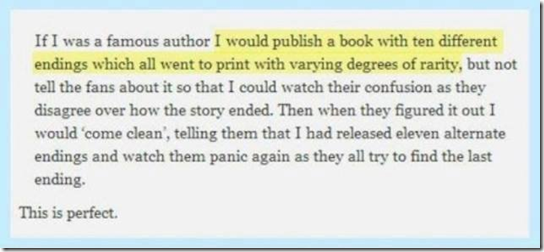Why do people cheat? Why do children misbehave? The reason is oftentimes simple.
/A new study entitled “The Cheater’s High: The Unexpected Affective Benefits of Unethical Behavior” has shown that as long as you didn’t think your cheating hurt anyone, cheating often makes people feel great. Researchers attribute the exhilaration that people feel to pride and admiration in their own cleverness.
Apparently, this is not good.
“The fact that people feel happier after cheating is disturbing, because there is emotional reinforcement of the behavior, meaning they could be more likely to do it again,” said Nicole E. Ruedy, the study’s lead author and a postdoctoral research associate at the University of Washington’s Center for Leadership and Strategic Thinking.
None of these findings come as a surprise to me. Nor should they.
Of course cheating feels great. Conquering the system, subverting authority, sticking it to the man, profiting from your wits and taking advantage of loopholes have always been reasons for celebration.
As long as no one is being harmed, I would feel great, too.
One of the advantages that I have as a teacher is that I wasn’t a well behaved student throughout much of my childhood and teenage years. This offers me a perspective that the average teacher, who tended to love school and was exceedingly compliant, does not to possess.
I often find myself in a conversation with a colleague who says something like, “I just don’t understand why he would run down the hallway like that.”
My response is always something along these lines:
“Don’t you understand? Running down the hallways is fun. Fooling around with your friends instead of summarizing an magazine article or solving a division problem is fun. Interrupting the teacher to make the class laugh is fun. This is why many students misbehave. They are simply making the choice that will lead to the most immediate enjoyment.”
This isn’t only true for children. As an adult, I still think that running down the hallway is fun. I still think that fooling around with my friends is better than writing the required report or attending the latest professional development workshop. I may be more compliant and feel a greater sense of responsibility now that I am an adult, but there is also a part of me that desperately wants to do whatever the hell he wants, regardless of what the rules or expectations are.
This makes sense. It’s certainly not a novel concept. Most rules are in place because the alternative is more appealing. If driving fast wasn’t so much fun, we wouldn’t have speed limits. If simply taking whatever you wanted from the store shelves without the exchange of effort wasn’t an ideal way to live, we wouldn’t have laws against theft.
There would be no need.
I often tell these teachers that if given the chance, I would love to sprint down the hallway, throw rocks through windows, toss televisions out of eight story windows and slam sledgehammers into drywall because destroying things is fun, too.
Still. Even at my age, these things are appealing.
We misbehave because it is often the choice that leads to the most immediate excitement and happiness, oftentimes at the expense of our future selves.
Misbehaving is fun. It’s often costly and detrimental to your long term goals, but try making a ten year old understand that.
Or even a forty year old.










